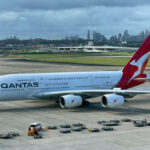
Thailand: Vaccinated visitors could enter from October
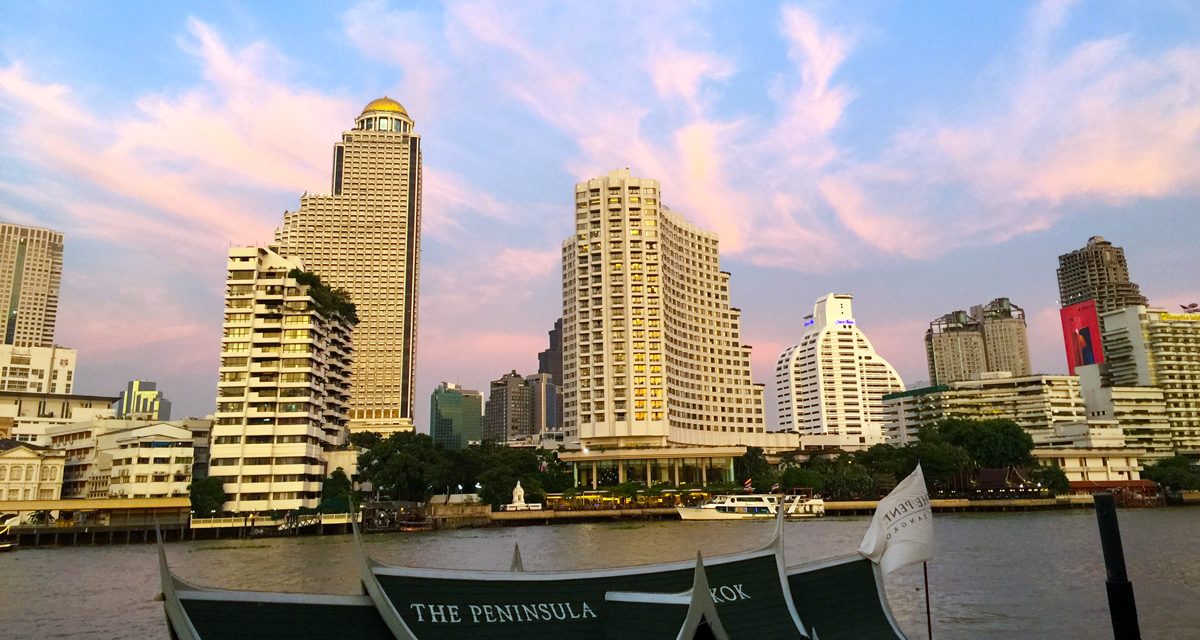
The Thai government is planning to reopen the country to international tourism following a successful no-quarantine trial in Phuket, and what is hoped is a turning point in the rate of infections across the country.
Content of this Post:
Background
Thailand, which initially dealt very well with the onset of the coronavirus, has had a nasty resurgence recording cases at the rate of 20,000 per day. Recently that rate has fallen to closer to 17,000 per day.
Because of the early success in suppressing the virus, Thailand was slow to purchase and plan a rollout of vaccinations. Added to that were a few glitches in the vaccine rollout, which has seen a steady rise in rates of infection since April – roughly the same time that the Delta variant arrived.

Currently
Thailand is mostly under lockdown, with 40% of the population subject to restrictions on travel, closure of non-essential businesses and a curfew from 9 pm until 4 am.
Vaccinations rates are pretty low at an average of 8% nationwide, with higher rates in cities like Bangkok and the island of Phuket, but lower in other areas.
With an economy that relies on foreign tourism, Thailand has been extremely adversely affected by the pandemic.
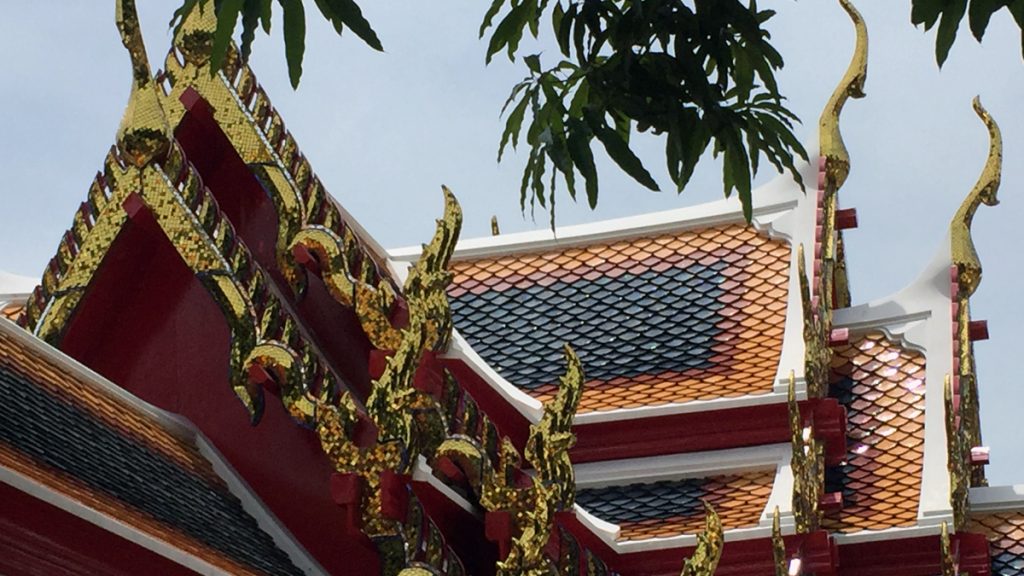
‘No Quarantine’ – Phuket sandbox
Phuket opened with no requirement for quarantine for vaccinated foreign tourists arriving from certain countries on 1 July. Tourists must stay at least 14 days at designated locations (Phuket, Koh Samui and Krabi) before they travel on to other destinations.
Australia is on the approved country list as of 31 July – but you would still have to seek an exemption from the Australian Government in order to travel internationally. And then you would have to secure a flight – which is not looking easy or cheap.
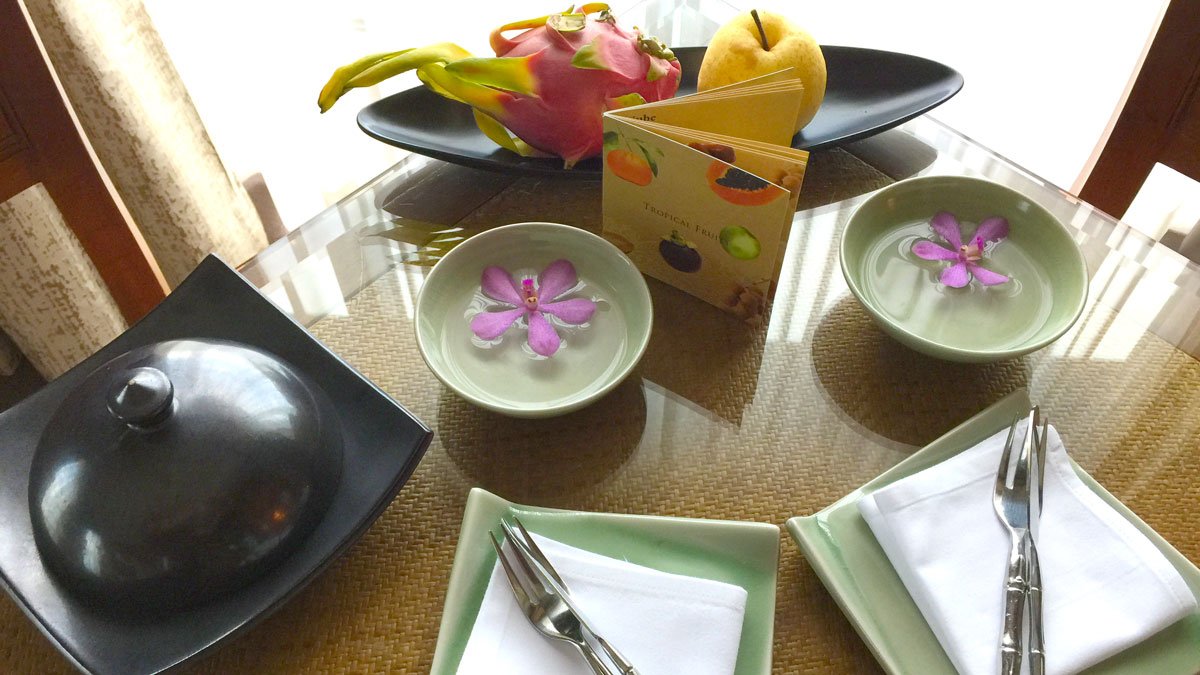
The proposal
The proposal by the Thai National Communicable Disease Committee would move the country’s strategy to one of living with COVID-19. That means keeping infection rates to a level that Thailand’s public health system could cope with, as well as upping targets for the vaccination rollout including targeting vulnerable groups, and adequate trace and testing capacity.
Preliminary proposals include easing some lockdown rules in September and implementing the Phuket model for tourism reopening in October.
That could conveniently coincide with potential changes in Australia’s limits on overseas travel – although these are more likely to be relaxed closer to Christmas or early in 2022.
The Thai government has also foreshadowed the issuing of a Thai COVID Pass to vaccinated residents, to allow access to various activities, including patronising restaurants.
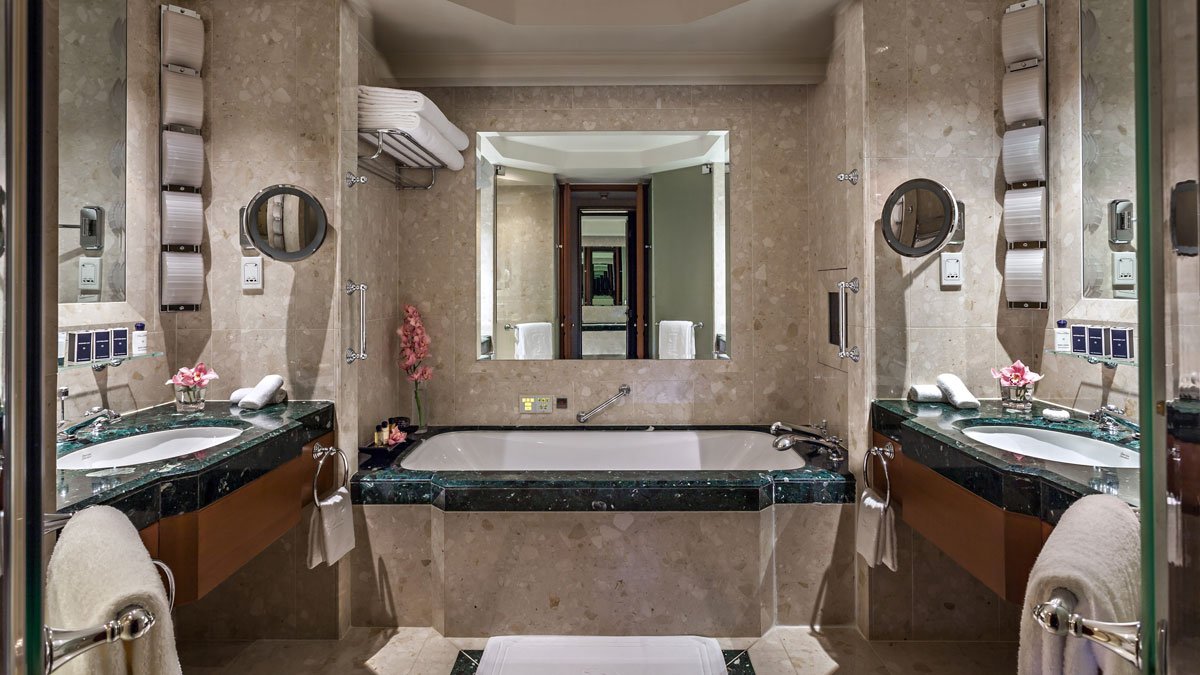
2PAXfly Takeout
This is another timely reminder to wear your seatbelt when seated. Holding you close to your seat will protect you from the sort of injuries sustained on this flight, when unsecured passengers flew to the ceiling of the aircraft, and then came crashing down once the ‘drop’ ceased.
The hope will be that this is an anomaly – a ‘freak accident’ in casual parlance. If it is a systemic error either mechanical or electronic, then this is a larger concern for the airlines that fly Boeing Dreamliner 787 aircraft. Let’s hope it isn’t. If it is, it will pile on the woes to Boeing’s existing stack.
I am a complete fan of travel to Thailand. It was the first overseas travel destination I ever visited and is probably my most visited destination after London in the UK.
I would love to get back there and stay in one of my favourite hotels from across the world – The Penninsula.
I hope that Thai plans to reign in the virus, increase testing rates dramatically and open to tourists to restore the economy come to fruition.
Scotty, bring on the COVID Passport!

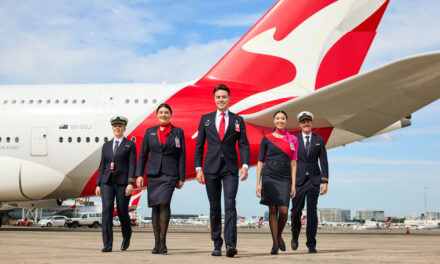
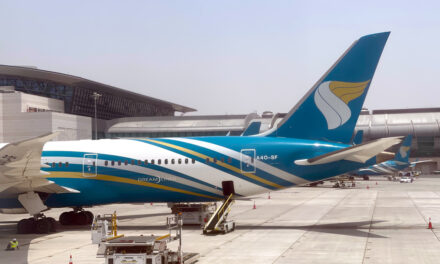
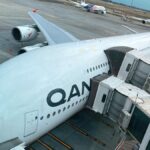



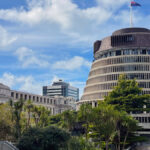

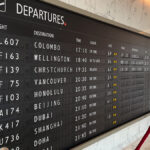
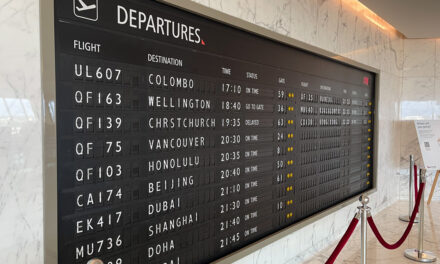






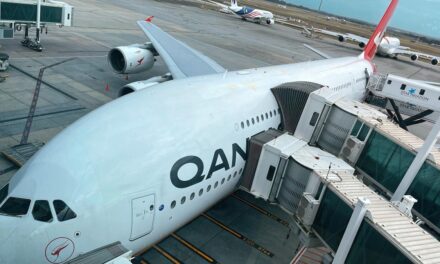

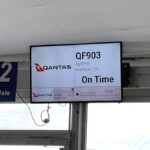


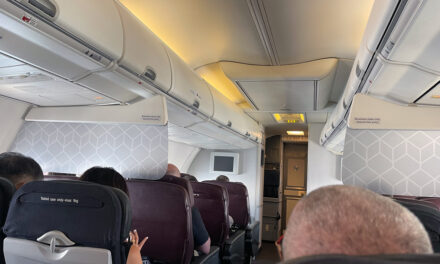



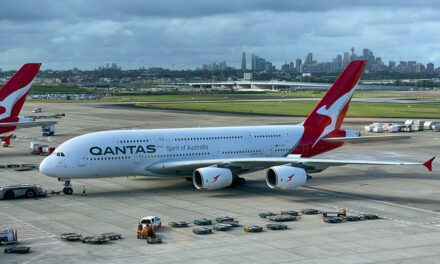

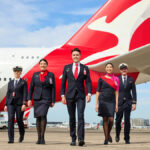
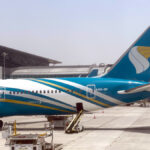



What did you say?